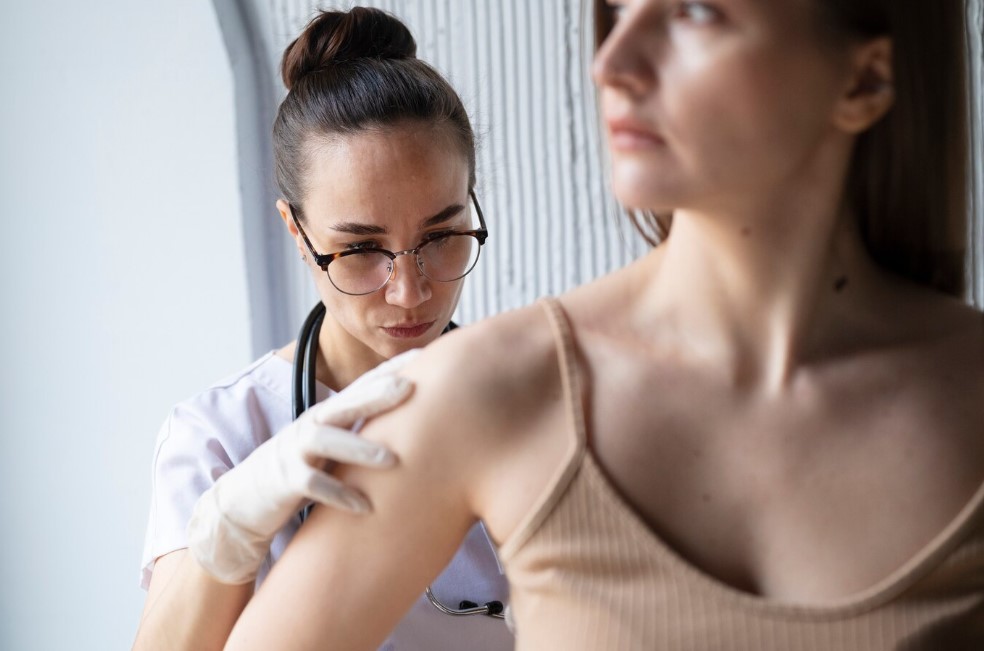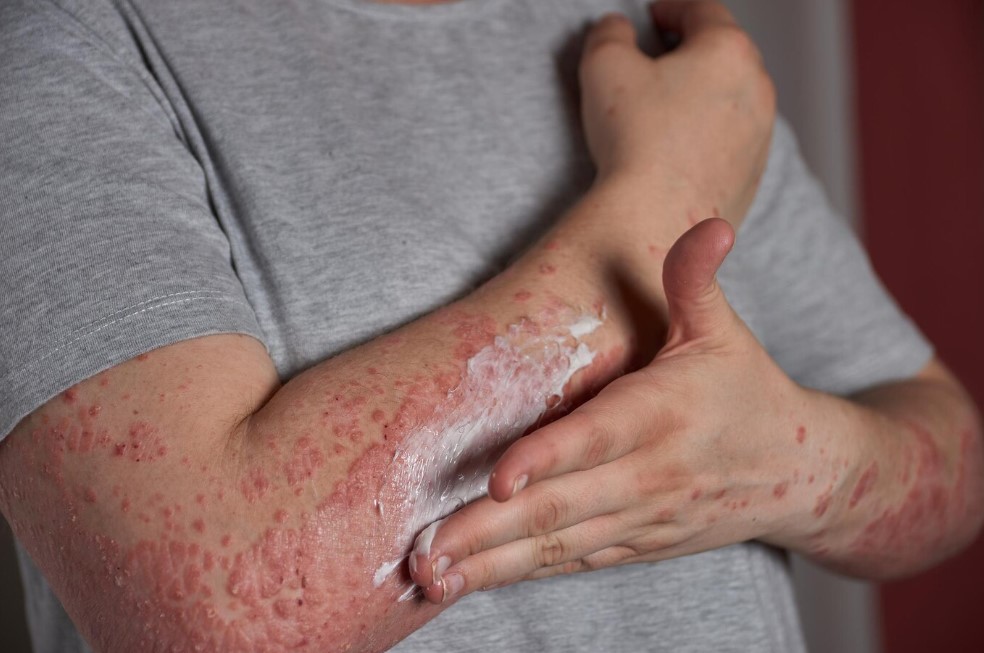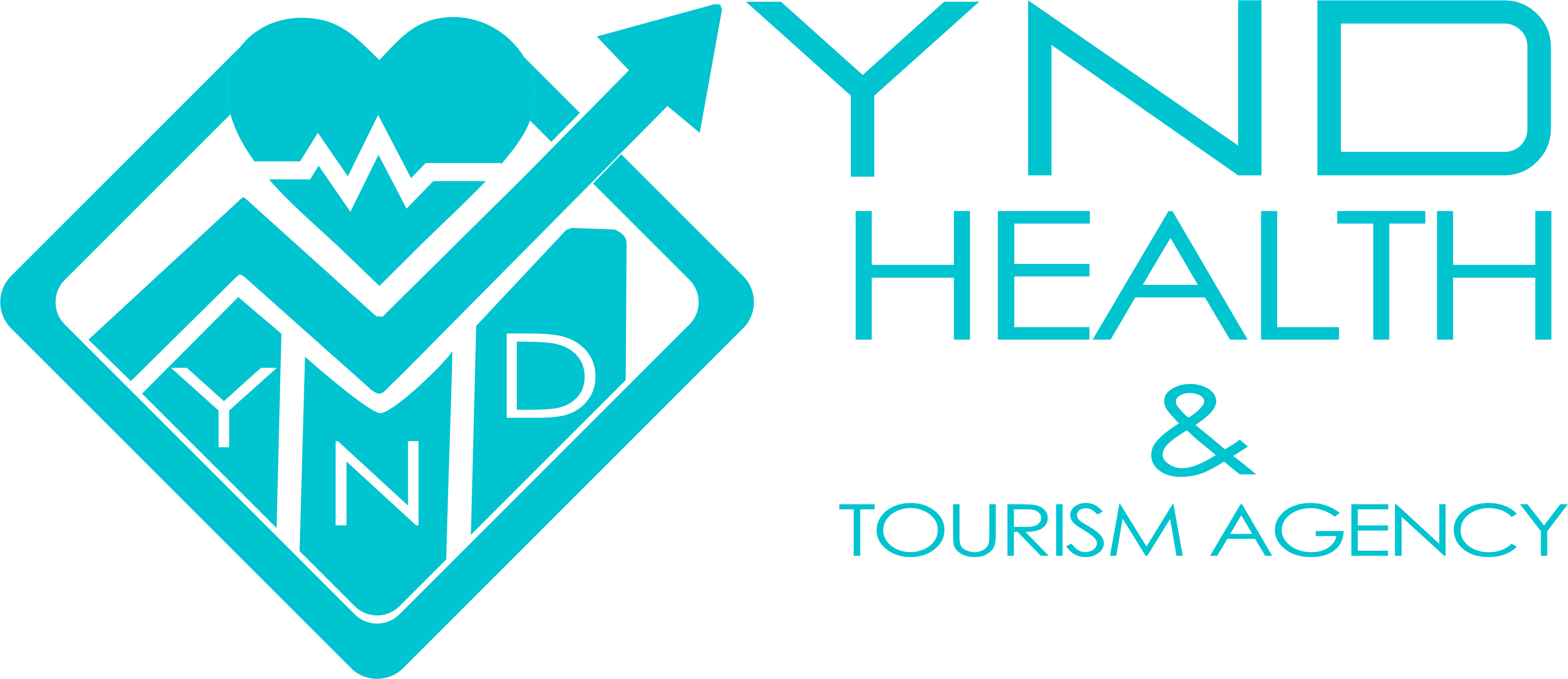What are Infections and How are They Treated?

Ortalama kalış süresi
7 Gün
Hastanede kalış süresi
1 Gün
Operasyon Süresi
15-20 Dakika
Anestezi Türü
Lokal Anestezi
İyileşme süresi
Birkaç Gün
What are Infections?
Skin is the largest organ of our body and protects us from external factors. However, sometimes wounds, cracks or irritations on the skin can cause bacteria or viruses to settle on the skin and cause inflammation. This condition is called infection. Infections can threaten both our skin health and our general health. Therefore, it is very important to recognize and treat the symptoms of infections and to take precautions.
Symptoms of Infections
The following symptoms are usually seen in an infected skin area:
- Redness
- Swelling
- Blistering
- Pain
- Discharge and inflammation

Causes of Infections
Infections occur when the skin barrier is impaired. The skin barrier is the protective layer of the skin against external factors. The skin barrier can be damaged by various reasons. These include the following:
- Injuries such as scratches, cuts, burns
- Situations such as insect bites, mosquito bites and animal bites
- Skin diseases such as excessive scratching, dryness, eczema
- Allergic reactions, contact dermatitis and other conditions
- Factors such as lack of hygiene, dirty environments, dirty clothes
- Staphylococcus aureus: This bacterium causes infections on the skin such as pus-filled wounds, boils, pimples, abscesses, impetigo. It can also spread to the blood and cause serious infections such as pneumonia, meningitis, endocarditis.
- Streptococcus pyogenes: This bacterium causes infections on the skin such as scarlet fever, cellulitis, erysipelas, necrotizing fasciitis. It can also spread to the blood and cause serious infections such as rheumatic fever, glomerulonephritis, toxic shock syndrome.
- Herpes simplex virus: This virus causes infections on the skin such as cold sores, herpes zoster, herpes gladiatorum. It can also cause infections in the nervous system, eye, genital area.
- Varicella zoster virus: This virus causes infections on the skin such as chickenpox, shingles. It can also cause infections in the nervous system, eye, ear.
Treatment of Infections
In the treatment of infections, different methods can be applied depending on the type, severity and extent of the infection. Generally, the following treatment options are available:
- Local treatment: Antiseptic solutions, creams, ointments, lotions and other products are applied to the infected skin area to clean the skin and heal the infection. This treatment may be sufficient for mild and limited infections.
- Systemic treatment: In cases where the infection is deep or widespread, antibiotics, antiviral or antifungal drugs are given orally or intravenously to eliminate the infection from the body. This treatment can be life-saving for serious and dangerous infections.
- Surgical treatment: In cases where the infection does not respond to drug treatment, is purulent, necrotic or gangrenous, the infected tissue may need to be surgically removed. This treatment is done to prevent the spread of infection and to restore skin integrity.
Ways to Prevent Infections
To prevent infections, we should pay attention to both our skin health and our general health. We can reduce the risk of infection by taking the following precautions:
- We should keep our skin clean and moist. We should use suitable products to avoid drying and irritating our skin. We should protect our skin from sun, cold and chemicals.
- We should treat any wounds, cracks or irritations on our skin immediately. We should clean the wounds, dress them and make sure they do not get infected. We should consult a doctor if necessary.
- We should avoid insect bites, mosquito bites and animal bites. In such cases, we should clean our skin with antiseptic solutions and check for allergic reactions. We should consult a doctor if necessary.
- We should not neglect skin diseases. Skin diseases such as eczema, psoriasis, acne weaken the skin barrier and predispose to infections. Therefore, we should have skin diseases diagnosed and treated in time.
- We should strengthen our immune system. The immune system defends our body against infections. To strengthen our immune system, we should eat healthy, get enough sleep, reduce stress, avoid harmful habits such as smoking and alcohol, and exercise regularly.
- We should be vaccinated against infections. Some infections, especially those seen in childhood, can be prevented by vaccination. Therefore, we should have our vaccinations done according to the vaccination schedule. We should also be vaccinated against common infections in the region we are going to travel to before traveling.
